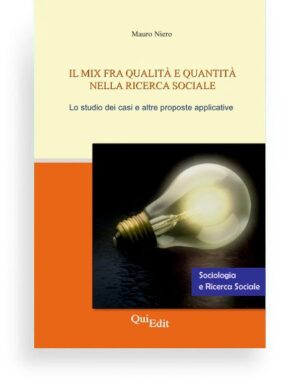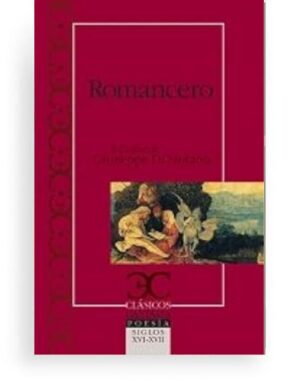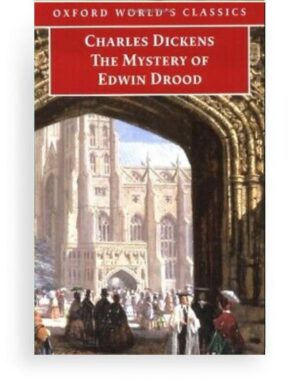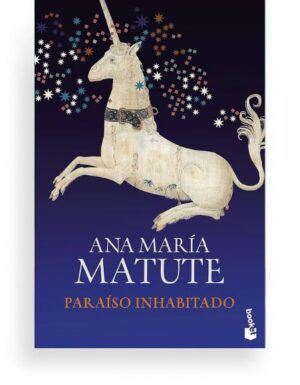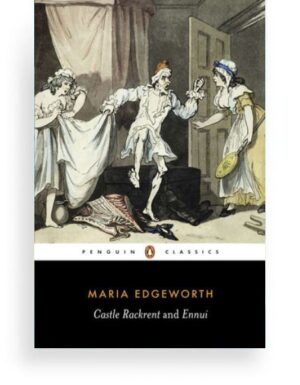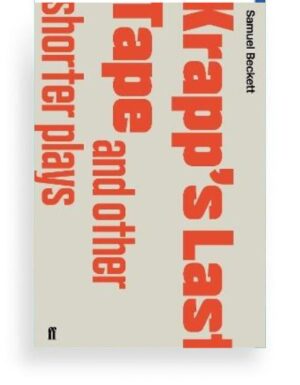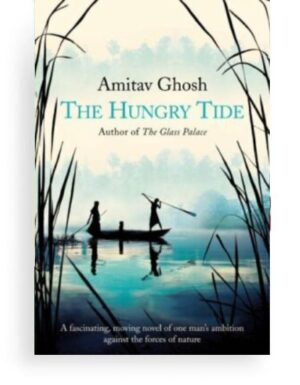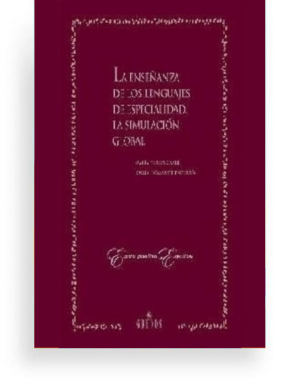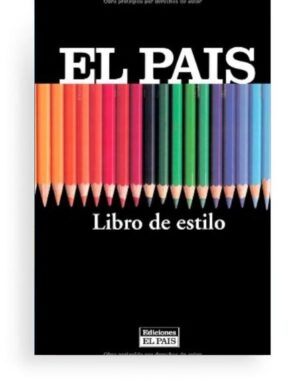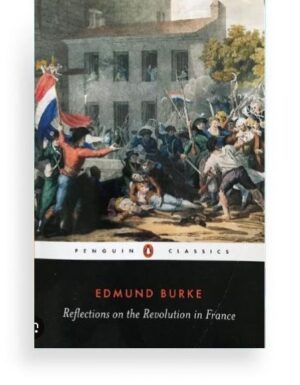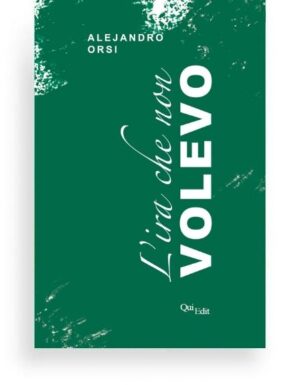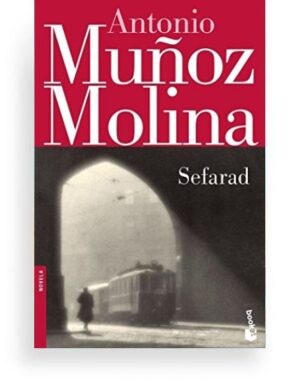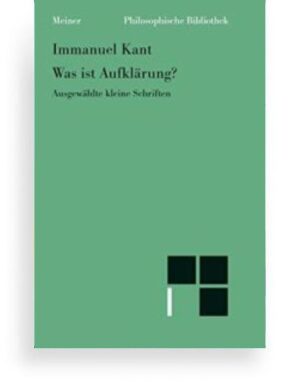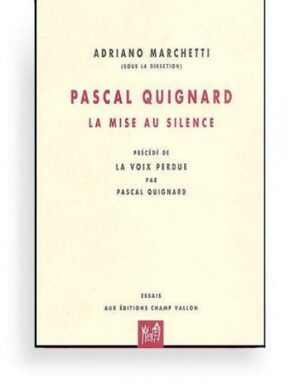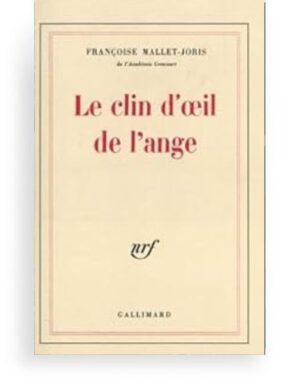-
The Mystery of Edwin Drood
Il prezzo originale era: €13,90.€8,34Il prezzo attuale è: €8,34.di Charles Dickens
-
Paraíso inhabitado
Il prezzo originale era: €14,00.€8,40Il prezzo attuale è: €8,40.di Ana María Matute
«Nací cuando mis padres ya no se querían», recuerda Adriana, mucho después de que todo haya sucedido. Por ello, la niña se crea un paraíso propio, poblado por amigos imaginarios y una familia de su elección.
«Uno de mis recuerdos más lejanos se remonta a la noche en que vi correr al Unicornio que vivía enmarcado en la reproducción de un famoso tapiz. Con asombrosa nitidez, le vi echar a correr y desaparecer por un ángulo del marco, para reaparecer enseguida y retomar su lugar; hermoso, blanquísimo y enigmático.»
Esta felicidad a medida se ve perturbada cuando Adriana debe iniciar el periplo escolar y entrar definitivamente en el mundo de los adultos, un entorno que le resulta ajeno cuando no hostil. Sin embargo, siempre queda un refugio bajo las relucientes estrellas escondidas en los cristales de la lámpara del salón.
Auténtica obra maestra en la impecable trayectoria de Ana María Matute, Paraíso inhabitado nos coloca en el territorio del misterio primigenio, y cerramos el libro invadidos por el presentimiento de que hubo un tiempo en que también fuimos parte de esa realidad oscura, invisible, maravillosa.
-
Castle Rackrent and Ennui
Il prezzo originale era: €14,00.€8,40Il prezzo attuale è: €8,40.di Maria Edgeworth
Thady Quirk, devoted steward to the decaying estate of the Rackrent family, narrates a riotous story of four generations of a dying dynasty in Castle Rackrent (1800). Thady will defend his masters to the end, but eventually his naivety and blind loyalty cause him to ignore the warning signs as the family’s excesses lead them to ruin. This volume also includes Ennui, the entertaining ‘confessions’ of the Earl of Glenthorn, a bored, spoiled aristocrat. Desperate to be free from ‘the demon of ennui’, Glenthorn’s quest for happiness takes him through violence and revolution, and leads to intriguing twists of fate. Both novels offer a darkly comic and satirical exposé of the Irish class system, and a portrait of a nation in turmoil.
-
Krapp’s Last Tape and Other Shorter Plays
Il prezzo originale era: €14,25.€8,55Il prezzo attuale è: €8,55.di Samuel Beckett
Krapp’s Last Tape was first performed by Patrick Magee at the Royal Court Theatre in October 1958, and described as ‘a solo, if that is the word, for one voice and two organs: one human, one mechanical. It fills few pages. It is perhaps the most original and important play of its length ever written.’ (Roy Walker)
The present volume brings together Krapp’s Last Tape and Beckett’s other shorter works or ‘dramaticules’ written for the stage. It will be complemented by a forthcoming Faber edition of dramatic works written for radio and screen.
Arranged in chronological order of composition, these shorter plays exhibit the laconic means and compassionate ends of Beckett’s dramatic vision.
KRAPP ‘Here I end this reel. Box – [Pause.] – three, spool – [Pause.] – five. [Pause.] Perhaps my best years have gone. When there was a chance of happiness. But I wouldn’t want them back. Not with the fire in me now. No, I wouldn’t want them back. [Staring motionless before him.]
-
The Hungry Tide
Il prezzo originale era: €14,40.€8,64Il prezzo attuale è: €8,64.di Amitav Ghosh
‘Amitav Ghosh is such a fascinating and seductive writer… I cannot think of another contemporary writer with whom it would be this thrilling to go so far, so fast’ The Times
January 2001: A small ship, led by wealthy Scotsman Daniel Hamilton, arrives in the Sundarbans, a vast archipelago of islands in the mythical river Ganges, a half-drowned land where the waters of the Himalayas merge with the incoming tides of the sea.
In the Sundarbans the tides reach more than 100 miles inland, and every day thousands of hectares of forest disappear only to re-emerge hours later. Dense as the mangrove forests are, from Hamilton’s point of view, it is only a little less barren than a desert.
The eccentric Scotsman and the scientists on board the ship disembark to study this little-known environment, and to trace the journeys of the descendants of this society. Their goal? To create a utopian society, of all races and religions, and conquer the might of the Sundarbans.
-
La enseñanza de los lenguajes de especialidad
Il prezzo originale era: €14,50.€8,70Il prezzo attuale è: €8,70.di María Teresa Cabré y Josefa Gómez de Enterría
-
-
Reflections on the Revolution in France
Il prezzo originale era: €14,75.€8,85Il prezzo attuale è: €8,85.by Edmund Buke
The most important works of Edmund Burke, the greatest political thinker of the past three centuries, are gathered here in one comprehensive volume. Accompanying his influential masterpiece, Reflections on the Revolution in France, is a selection of pamphlets, speeches, public letters, private correspondence and, for the first time, two important and previously uncollected early essays.
Philosopher, statesman, and founder of conservatism, Burke was a dazzling orator and a visionary theorist who spent his long political career fighting abuses of power. He wrote at a time of great change, against the backdrop of the revolt of the American colonies, the expansion of the British Empire, the collapse of Ireland, and the French Revolution. Burke argued passionately in support of the American revolutionaries and in equally impassioned opposition to the horrors of the unfolding French Revolution. Making a case for upholding established rights and customs, and advocating incremental reform rather than radical revolutionary change, Burke’s writings have profoundly influenced modern democracies up to the present day.
-
Sefarad
Il prezzo originale era: €15,00.€9,00Il prezzo attuale è: €9,00.di Antonio Muñoz Molina
En estas páginas Primo Levi, Franz Kafka, Evgenia Ginzburg, Milena Jesenska, Dolores Ibárruri o Walter Benjamin mezclan sus tragedias con las de personajes ficticios. Todos ellos comparten un estigma: un día despiertan convertidos en lo que otros cuentan de ellos, en lo que alguien que no les ha conocido cuenta que le han contado, en lo que alguien que les odia imagina que son. Perseguidos por la infamia y arrojados de su casa y de su país, se ven obligados a abandonar sus vidas.
Sefarad, nombre que en la tradición hebrea se da a España, designa aquí todos los exilios posibles. El Holocausto y el nazismo, el Gulag, la guerra civil española, el Imperio austrohúngaro, la Inquisición y la expulsión de los judíos articulan a través de cada capítulo una sinfonía en la que la idea coral es una sola: la intolerancia, la persecución y la irracionalidad que asolan la historia de la humanidad, y que dan lugar al título.
Antonio Muñoz Molina nos ofrece una aproximación al mundo de los excluidos a través de este homenaje a la memoria.
-
Was ist Aufklärung?
Il prezzo originale era: €15,00.€9,00Il prezzo attuale è: €9,00.di Immanuel Kant
Dieser Band enthält – neben der im Titel geführten Abhandlung von 1784 – die kleinen, aber bedeutenden Schriften Kants zur Politik und Geschichtsphilosophie aus der Berlinischen Monatsschrift. In ihnen wollte der Königsberger Philosoph seinen Lesern aufzeigen, dass jeder Einzelne aufgerufen sei, der ‘selbstverschuldeten Unmündigkeit’ zu entrinnen und sich künftig aus freiem Mut für die Errichtung eines gesellschaftlichen Statuts einzusetzen, in welchem niemand mehr aufgrund seiner Herkunft benachteiligt oder bevorzugt werden könne.
-
Pascal Quignard La mise au silence
Il prezzo originale era: €15,00.€9,00Il prezzo attuale è: €9,00.di Adriano Marchetti
-
Le clin d’oeil de l’aange
Il prezzo originale era: €15,00.€9,00Il prezzo attuale è: €9,00.di Françoise Mallet-Joris
Sept lieux, sept couples, mais une seule histoire. Ludovic et la « sirène qui tricote », à An-vers ; le romancier et la jeune infirmière dans une clinique ; les jeunes mariés de Beaulieu-sur-Mer ; le conservateur du musée de l’Horlogerie et la folle ; Alain et Claudio à Venise ; un grand-père et son petit-fils à Nantucket, la ville des baleiniers ; un vieux couple à Disneyland… Quels sont ceux qui sauront voir le clin d’oeil de l’ange, ceux qui s’ouvriront à l’amour ?
-





































